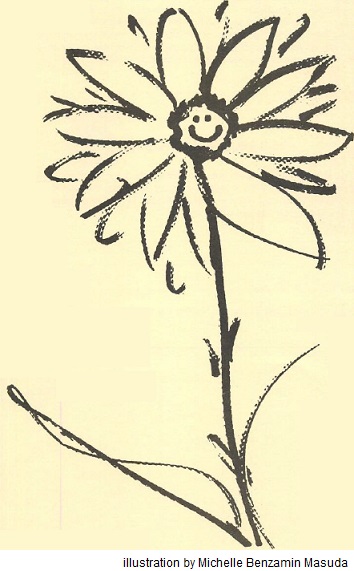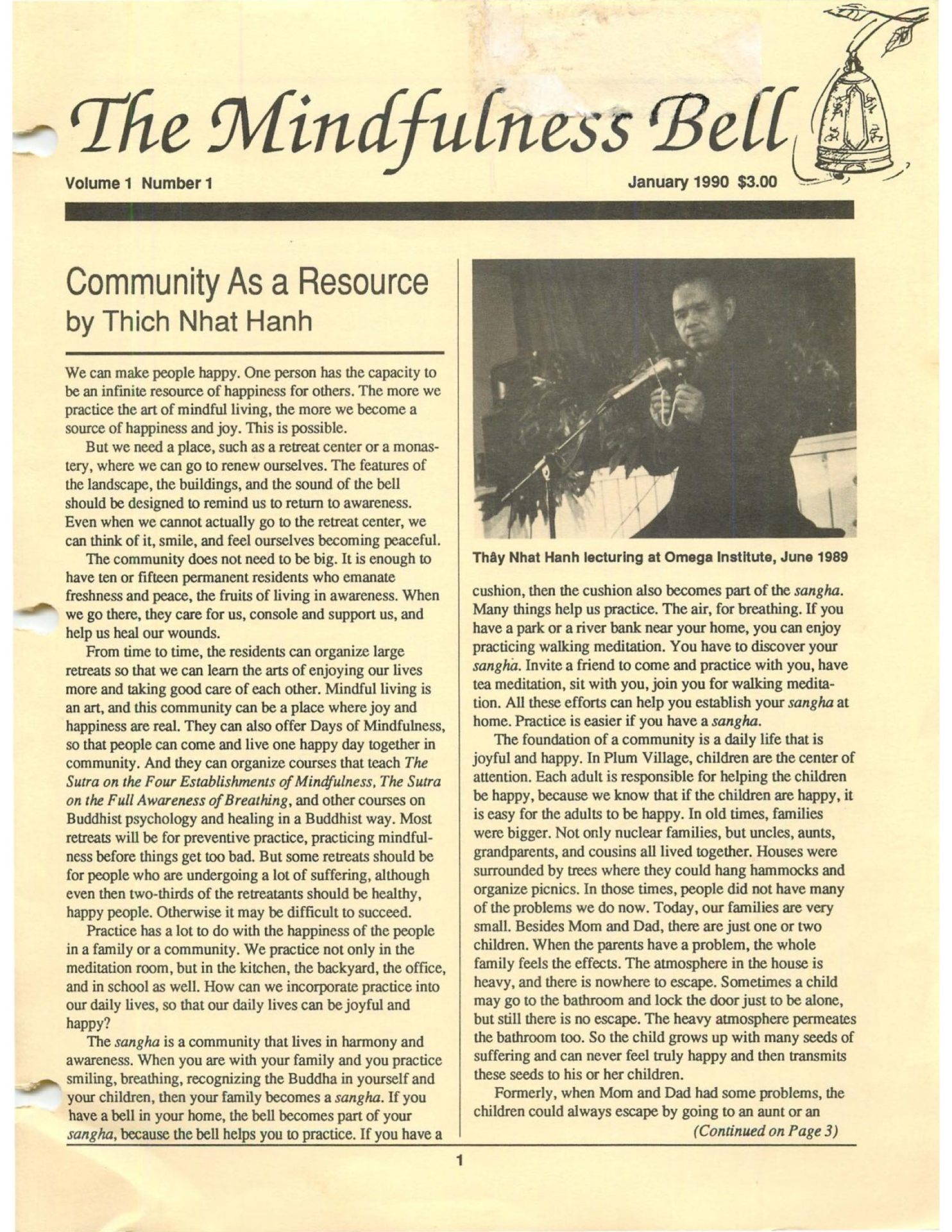
Mahamangala Sutta (Sutta Nipata 1), Translated into English by Thich Nhat Hanh
Thus have I heard: At one time, the Buddha was living in the vicinity of Sravasti at the Anathapindika monastery in the Jeta Park. It was late at night when a deva appeared whose light and beauty made the whole area of the Jeta Grove shine radiantly. After paying respects to the Buddha, the deva asked him a question in the form of a gatha:
“Many gods and men are eager to know what are the greatest blessings which can bring about a peaceful and happy life.

Mahamangala Sutta (Sutta Nipata 1), Translated into English by Thich Nhat Hanh
Thus have I heard: At one time, the Buddha was living in the vicinity of Sravasti at the Anathapindika monastery in the Jeta Park. It was late at night when a deva appeared whose light and beauty made the whole area of the Jeta Grove shine radiantly. After paying respects to the Buddha, the deva asked him a question in the form of a gatha:
"Many gods and men are eager to know what are the greatest blessings which can bring about a peaceful and happy life. Please, Tathagatha, will you teach us?"
(And this is the Buddha's answer:)
"Not to be associated with the foolish ones, to live in the company of wise people and to honor those who are worth honoring--this is the greatest happiness.
To live in a good environment, to have planted good seeds and to realize that you are on the right path--this is the greatest happiness.
To have a chance to learn, and to be skillful in your profession or craft and to know how to practice the precepts and loving speech--this is the greatest happiness.
To be able to support your parents, to cherish your own family and to have a job that you like--this is the greatest happiness.
To live correctly, to be generous in giving, to be able to give support to relatives and friends and to live a life of blameless conduct--this is the greatest happiness.
To avoid doing bad things, to avoid being caught by alcoholism or drugs and to be diligent in doing good things--this is the greatest happiness.
To be humble and polite, to be grateful, and content with a simple life and not to miss the occasion to learn the dharma--this is the greatest happiness.
To persevere and be open to change, to have regular contact with monks and nuns and to participate in dharma discussions--this is the greatest happiness.
To live diligently and attentively, to perceive the Noble Truths and to realize Nirvana--this is the greatest happiness.
To live in the world with your heart undisturbed by the world, with all sorrows ended, dwelling in peace--this is the greatest happiness.
He or she who accomplishes this will remain unvanquished wherever she goes.
Always he will be safe and happy-- this is the greatest happiness."

